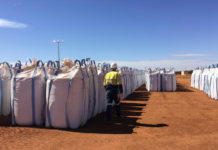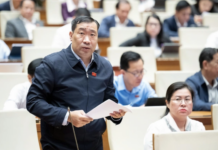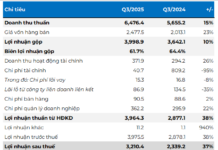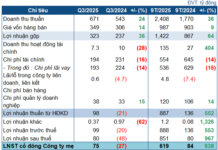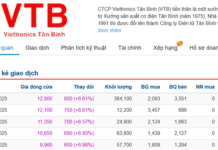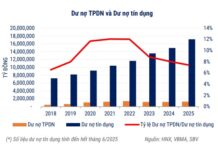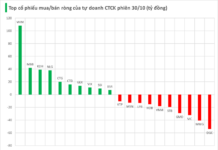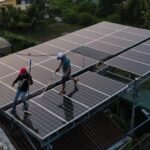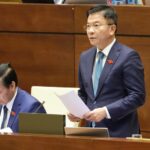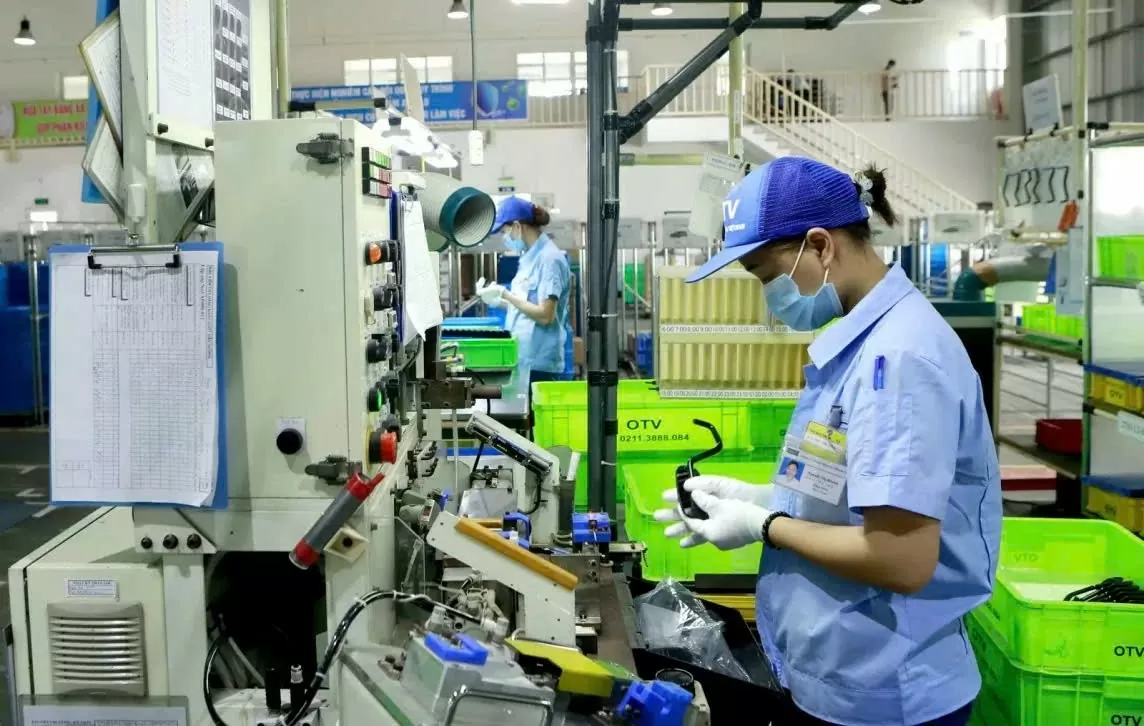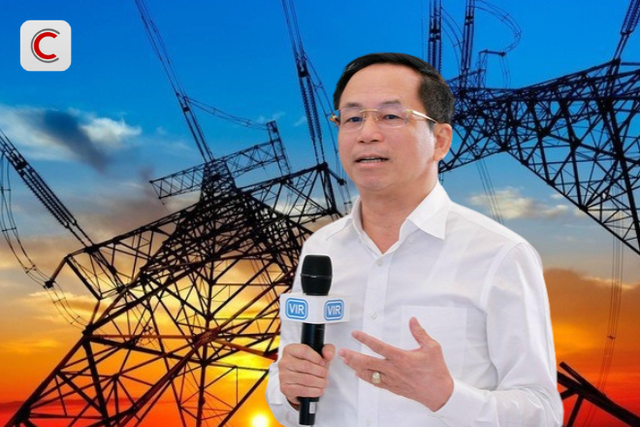
EVN Deputy General Director Nguyen Xuan Nam
No Interference with Consumption Index Manipulation
On the morning of September 10, the Government Portal organized a seminar on “Sustainable Development of the Electricity Industry – Issues to be Addressed”. Sharing at the seminar regarding the issue of sudden increases in electricity bills, EVN Deputy General Director Nguyen Xuan Nam said that upon receiving feedback, EVN had instructed the power companies to review all customers regarding this issue.
After the review, it was found that the electricity consumption in August 2025 differed from previous years due to the unusually hot weather at the beginning of the month, which caused the system’s consumption to reach a record high of 1,084 million kWh.
In addition, out of 31.8 million household customers, there were about 3.2 million households, or more than 10%, whose electricity consumption increased by more than 30% compared to July.
EVN leaders said they had asked the corporations to install apps for customers to monitor consumption fluctuations and provide a hotline to promptly answer customers’ inquiries. Through the review process, EVN stated that there were no errors as reflected. However, there was also false information, misinformation, and clickbait, as well as information with unspecified addresses.
According to Mr. Nam, EVN is not the only retailer of electricity to customers. In addition to EVN, there are wholesale and retail organizations, such as in urban areas, apartment buildings, and industrial parks, where the management establishes a wholesale unit that buys electricity from EVN at preferential prices and then sells it to customers in that area, setting their own rates.
There are more than 700 wholesale organizations, accounting for over 8.59% of the system’s consumption. Therefore, sometimes there are complaints, but it’s not just EVN selling electricity, there are also other organizations that EVN cannot manage,” said Mr. Nam.
The Vietnam Electricity Group’s leader also affirmed that the implementation of electronic meters would not interfere with the manipulation of consumption indexes: “The measurement of electricity is done remotely and then transmitted online, without the need for on-site measurements like the old mechanical meters. For EVN, all meters are electronic.”
Explaining the $45 trillion loss not included in costs
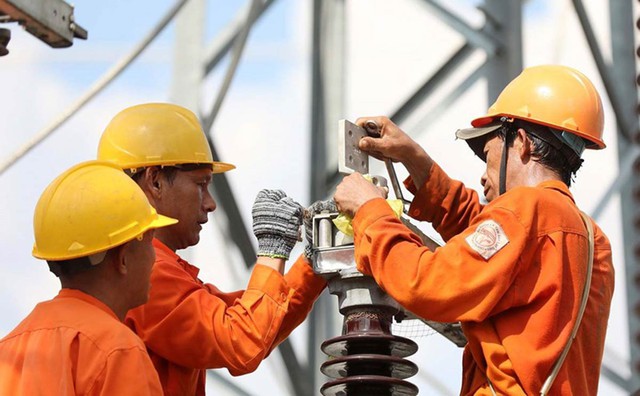
Regarding the question related to the loss of VND 45,000 billion not included in costs, EVN Deputy General Director Nguyen Xuan Nam said that in 2022-2023, due to the world political crisis, especially between Russia and Ukraine, the price of raw materials, especially coal, increased sharply, almost fourfold, and gas doubled… leading to a surge in input costs.
While input prices rose, electricity prices remained unchanged, resulting in insufficient compensation for input costs. The Electricity Law stipulates that the electricity price proposal must be reasonably and legally compensated and appraised by the Ministry of Industry and Trade.
At that time, in order to ensure the country’s macro-economic stability after the Covid-19 pandemic, EVN had not yet adjusted its prices, resulting in low selling prices while high production costs, thus accumulating these costs.
Citing 2022 data, the EVN leader said that the production cost was 2,032 VND, but the selling price was only 1,800 VND, meaning EVN sold electricity at a loss of 149 VND/kWh, while the commercial electricity output was nearly 250 billion kWh.
In 2023, the selling price was 1,953 VND, and the production cost was 2,088 VND, resulting in a loss of 135 VND/kWh. EVN has also made efforts to save and cut costs. In 2024, thanks to profits, a part of the accumulated loss was reduced, leaving 44,000 billion VND uncompensated.
In addition, EVN’s market share decreased from 46% in 2022 to 42% in 2023. As EVN’s market share shrinks, the company has to buy electricity from external sources, which must be paid immediately.
Currently, the transmission and distribution stages account for only 16% of the cost structure, while the generation and purchase of electricity are the main drivers, and the transmission and distribution costs are decreasing. EVN has been saving to reduce prices, but the cost of purchased electricity has been increasing.
Another point to consider is that hydropower, the cheapest source of electricity, is now limited and there is no room for further development. Currently, the focus is on developing thermal power and renewable energy, but the cost of thermal power and liquefied natural gas is nearly 4,000 VND/kWh, while the selling price is only 2,100 VND/kWh.
“The data of EVN in 2022-2023 has been audited by the State Audit Office of Vietnam on electricity prices, and there has been a clear and transparent conclusion,” said Mr. Nam.
Unauthorized Rooftop Solar Installations: EVN Proposes Penalties for Unreported Cases
For organizations and households that install rooftop solar panels for self-use without notifying or registering with the managing authority, EVN proposes administrative penalties for violations in the electricity sector.
“EVN Takes a ‘Hit’ Rather Than a Loss”
As of late 2023, EVN faced a significant deficit in its finances, according to Trinh Quoc Vu, Deputy Director of the Electricity Authority under the Ministry of Industry and Trade. This deficit, commonly referred to as cumulative losses, amounted to a staggering 50,000 billion VND, excluding exchange rate differences. This discrepancy between revenue and expenses will inevitably require EVN to accurately reflect these costs in electricity prices.
Support Citizens to Embrace Apps and Smart Meters for Enhanced Monitoring
“Industry leaders from various power corporations and the Vietnam Electricity Group (EVN) have expressed their support for residents taking charge of their electricity bills. They encourage individuals to install their own meters and utilize apps to actively monitor and manage their electricity consumption and costs.”



